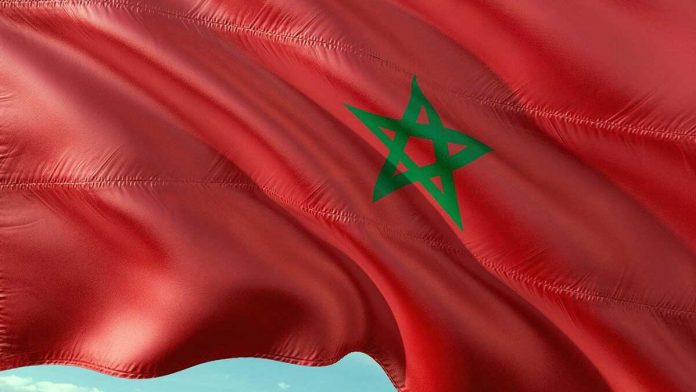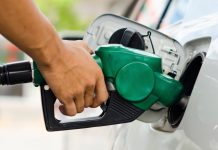Morocco has been ranked among the least vulnerable African economies to economic, demographic, and technological shocks, according to the 2024 Economic Development in Africa Report published by the United Nations Conference on Trade and Development (UNCTAD). Alongside Egypt, Tunisia, South Africa, and Mauritius, Morocco stands out for its stability and adaptability in the face of global crises.
The report highlights Morocco’s remarkable logistics and trade performance, which has positioned the country as a key hub for commerce in Africa. Thanks to strategic investments in ports, transport networks, and industrial zones, Morocco has significantly enhanced its logistical efficiency.
Between 2012 and 2022, Morocco recorded significant improvements in its logistics performance index, scoring 2.7 out of 5. This places the country among Africa’s top performers, alongside South Africa, Tunisia, and Egypt.
With an average of $16.2 billion in service exports between 2019 and 2021, Morocco ranks second in Africa, just behind Egypt ($20.6 billion) and ahead of South Africa, Ghana, and Ethiopia.
This ranking underscores Morocco’s successful economic diversification, shifting away from a raw material-dependent economy to one focused on services and manufactured goods, giving the country a major competitive edge in global markets.
Like many economies, Morocco was not spared from the impact of the COVID-19 pandemic, experiencing a GDP contraction of over 6%, similar to Tunisia and South Africa. Key sectors such as tourism and services, which traditionally drive economic growth, were significantly affected.
However, Morocco’s strong financial framework helped mitigate the long-term effects of the crisis. With robust public investments and well-managed sovereign funds, Morocco joins Algeria, Egypt, Nigeria, Libya, and South Africa among Africa’s most financially secure economies.
Morocco is among Africa’s top five importers, alongside Nigeria, South Africa, Egypt, and Kenya. A large share of its imports is allocated to petroleum products and vehicles, reflecting high demand for consumer goods and industrial inputs.
However, Morocco’s energy dependence remains a major challenge. The country’s reliance on imported petroleum exerts significant pressure on national finances, emphasizing the urgent need to accelerate the transition to renewable energy sources.
The report stresses the importance of strengthening regional integration, investing in technology and infrastructure, and continuing economic diversification to boost Africa’s global competitiveness.
Morocco is particularly well-positioned to capitalize on the African Continental Free Trade Area (AfCFTA), which presents economic opportunities valued at $3.4 trillion. By continuing its modernization and diversification strategy, Morocco can solidify its role as an economic powerhouse in Africa and enhance its resilience against global crises.
With strategic investments, economic diversification, and strong logistics infrastructure, Morocco reinforces its position as a regional leader and proves its ability to navigate global economic challenges.
While challenges remain, such as energy dependency and the need for deeper African integration, Morocco’s solid economic foundations allow it to approach the future with confidence and ambition.





